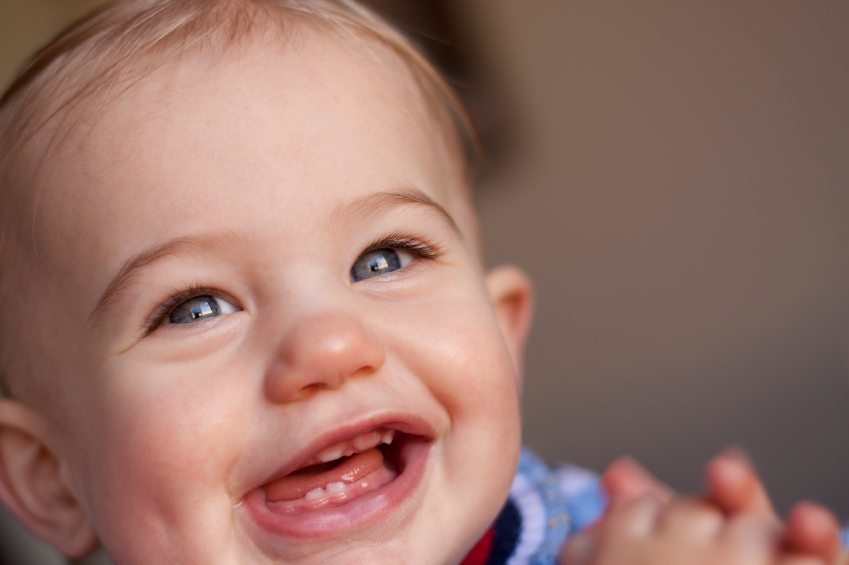All parents know how tough it can be to keep a pacifier clean. Babies are very good at dropping the pacifier on the dirty floor, and then instantly demanding it be returned to them before you have time to properly clean it! Some devoted parents will suck on the pacifier themselves to clean it before returning it to their child, but numerous research studies have shown that this home-grown cleaning technique could actually place children at high risk of dental decay.
Adult Saliva Transmits Bacteria to Baby
Following the release of a study in the journal Pediatrics, the American Dental Association (ADA) issued a press release warning parents that they risk exposing their babies to the bacteria that cause dental decay if they suck on pacifiers to clean them. Another reason to avoid this cleaning method is that sucking or licking the pacifier does not kill germs that have come from the floor, so it offers no effective protection to the child compared to not cleaning the pacifier at all.
Bacteria Causes Infant Dental Decay
Adult saliva contains a multitude of bacterial species, many of which are involved in the formation of dental plaque and cavities. Even if your child doesn’t yet have teeth, these bacteria can live in his or her mouth. As soon as teeth erupt, they are vulnerable to decay, as oral bacteria break down sugars in food to produce acid that quickly erodes enamel and attacks the root within. Infant tooth decay causes a lot of pain for children, and can lead on to serious problems such as gum disease or infection.
Protect Baby’s Teeth with Proper Pacifier Cleaning
Dirty pacifiers need to be cleaned using a disinfectant or by sterilizing them in boiling water. Some pacifiers can also be washed in the dishwasher. The best way to deal with the problem of pacifier cleaning is to always keep a spare pacifier on hand, so that when your child dirties their pacifier, you can quickly supply them with a clean one. By following this advice, you can keep your child both happy and safe from dental health problems.

